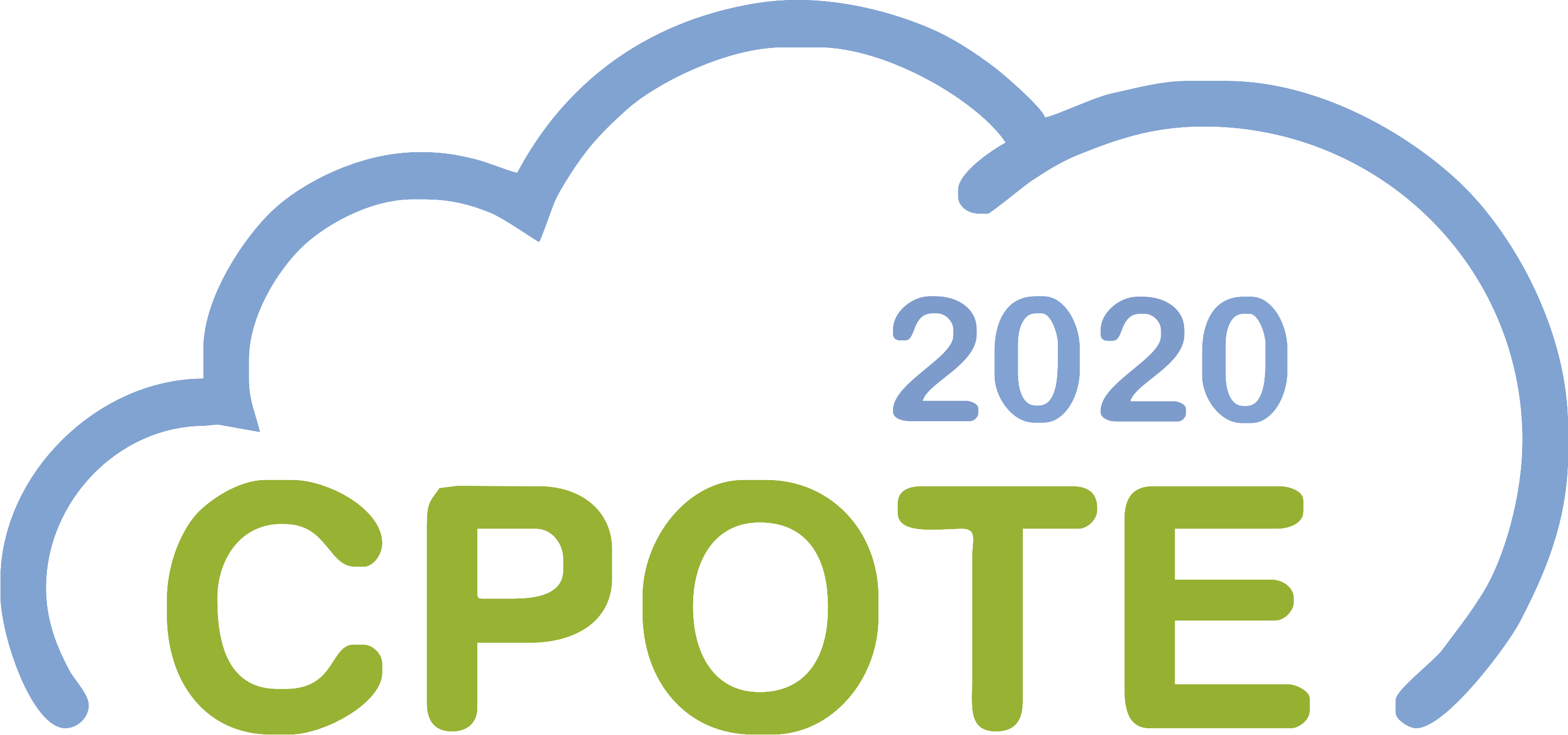
CPOTE2020
6th International Conference on
Contemporary Problems of Thermal Engineering
Online | 21-24 September 2020
6th International Conference on
Contemporary Problems of Thermal Engineering
Online | 21-24 September 2020
Abstract CPOTE2020-1278-A
Book of abstracts draft












Radioactive waste production in selected nuclear reactors of generation III, III+ and IV
Tomasz BURY, Silesian University of Technology, Poland
The main principle in nuclear power is that safety is more important than electricity production. The development of nuclear reactor technologies is therefore mainly measured in terms of improving the safety of reactor's operation. Environmental considerations have also become very important recently. Analyzing the present status of nuclear power engineering, it can be stated that over 90% of currently operating power reactors are cooled and moderated with water. Such units are also the vast majority of currently built nuclear reactors, which belongs to generation III or III+ of power nuclear reactors. The situation looks quite different while looking at the generation IV designs. There is only one water reactor type, among six technologies being considered in this generation. It is also important to mention that electricity is not always considered as the main product for generation IV nuclear reactors. It is also hydrogen, or technological heat at least. Considering environmental aspects it is worthy to note that some generation IV reactors are foreseen to burn out actinides contained in a spent fuel from older generations reactors.
The work is an attempt to analyze the radioactive waste problem during the operation of selected power nuclear reactors, and the focus is paid to a spent fuel issue. Water reactors of generations III and III+ were analyzed: pressurized water reactors (EPR, AP-1000, APR-1400), boiling water reactors (ABWR, ESBWR), and heavy water reactor (ACR-1000). Generation IV nuclear reactors represents six technologies: very high temperature reactors (VHTR), sodium cooled fast reactors (SFR), super critical water reactors (SCWR), gas cooled fast reactors (GCR), lead cooled fast reactors (LFR), and molten salt reactors (MSR). From among many designs of generation IV reactors under development, 7 units were selected for analysis representing 6 reactor technologies mentioned above: HTR-PM and GT-MHR (VHTR, two chosen as they have different fuel form and core construction), JSFR (SFR), Super-Fast LWR (SCR), GFR-600 (GFR), ELSY (LFR), and MSFR (MSR). The analysis for most of the considered units was done based on design data, so it should be recognized just as some estimation. Nevertheless, it can be observed that development of nuclear reactor technology improves also environmental aspects, not only the safety. It should be also noted that many of the generation IV project are rather long-term programs, mainly due to material constrains.
Keywords: Nuclear reactor, Generation III, Generation III plus, Generation IV, Radioactive waste
Acknowledgment: This work was realized within the statutory research programme of the Faculty of Energy and Environmental Engineering of the Silesian University of Technology, Poland.